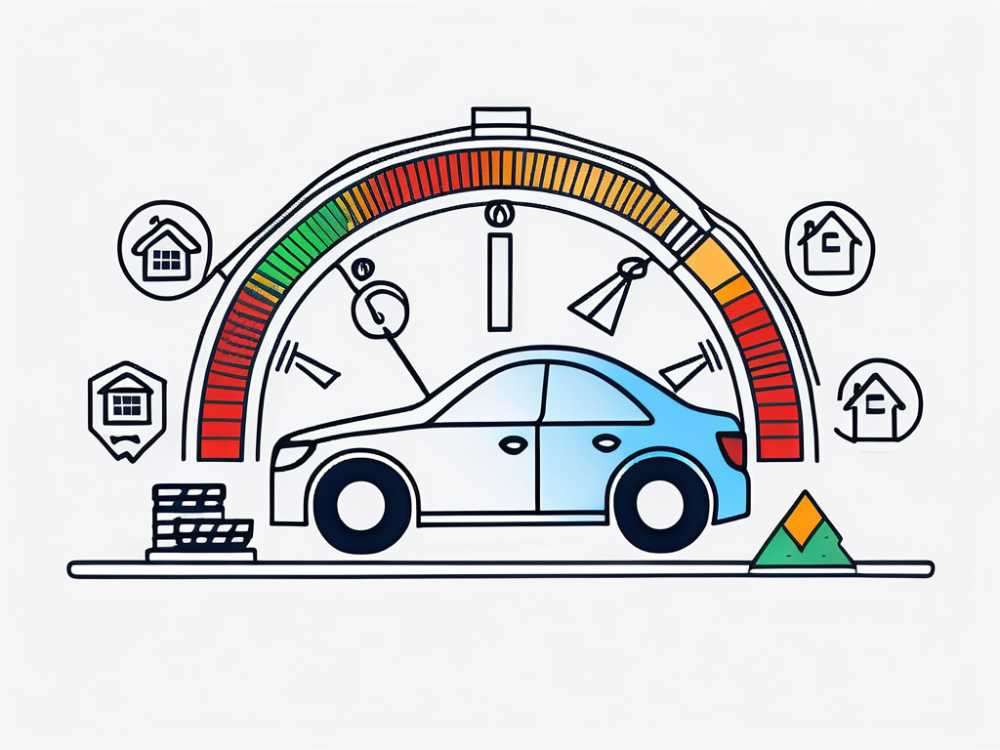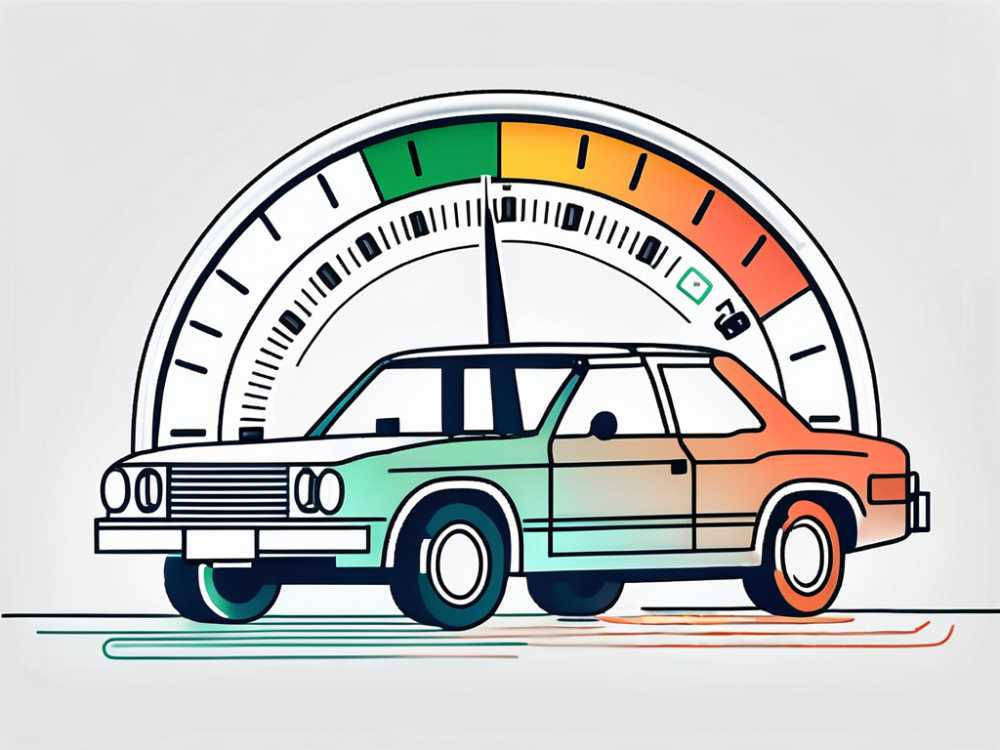Understanding your credit score is essential, especially when navigating the complexities of car loan modifications. This article will elucidate the fundamentals of credit scores, their impact on financial decisions, particularly concerning car loans, the modification process, and tips for effectively managing your credit score.
The Basics of Credit Score
Credit scores are numerical representations of your creditworthiness. They are vital metrics that lenders use to assess the risk of lending money to an individual. The scoring model takes into account various factors related to an individual's credit history.
What is a Credit Score?
A credit score is a three-digit number typically ranging from 300 to 850 that reflects your credit history. It is calculated from the data in your credit report, which includes your payment history, amounts owed, length of credit history, new credit, and types of credit used. The higher the score, the better your creditworthiness in the eyes of lenders.
Understanding your credit score is essential not only for securing loans but also for renting apartments, obtaining insurance, and even landing certain jobs, as employers may check credit scores as part of their hiring process.
How is a Credit Score Calculated?
The calculation of a credit score is based on a proprietary algorithm, but the main factors generally include:
- Payment history (35%): Your track record of making payments on time.
- Amounts owed (30%): The total debt you carry compared to your total available credit.
- Length of credit history (15%): How long your credit accounts have been open.
- New credit (10%): The number of recently opened credit accounts.
- Types of credit used (10%): The variety of credit accounts, including credit cards, mortgages, and installment loans.
Each of these factors plays a significant role in shaping your overall score. For example, a consistent history of on-time payments not only boosts your score but also establishes you as a reliable borrower. Conversely, late payments or defaults can severely impact your score, making it more challenging to secure favorable loan terms in the future.
The Range of Credit Scores
Credit scores are categorized into several ranges that give lenders a quick idea of a borrower's credit risk:
- 300 - 579: Poor
- 580 - 669: Fair
- 670 - 739: Good
- 740 - 799: Very Good
- 800 - 850: Excellent
These ranges play a crucial role in determining loan opportunities and conditions such as interest rates. For instance, individuals with scores in the 'Excellent' range often qualify for the lowest interest rates, which can lead to significant savings over the life of a loan.
The Role of Credit Score in Financial Decisions
Your credit score is not just a number; it's a key factor that influences various financial decisions in your life. From buying a home to securing a credit card, every financial move is impacted by your creditworthiness.
Credit Score and Loan Eligibility
When applying for a loan, lenders will evaluate your credit score to decide whether to extend credit. A higher credit score often leads to better loan eligibility, while a low score may result in either denied applications or the requirement of a co-signer.
Credit Score and Interest Rates
In addition to affecting loan eligibility, your credit score also significantly influences the interest rates you are offered. A borrower with a high credit score typically enjoys lower interest rates, mitigating the total cost of borrowing, while a borrower with a lower score may face higher rates, leading to expensive long-term payments.
Car Loan Modification Explained
Car loan modifications are designed to assist borrowers struggling to meet their monthly payments due to financial hardship. Modifications can result in lower monthly payments, reduced interest rates, or even extended loan terms.
What is Car Loan Modification?
Car loan modification is a process through which you negotiate changes to your existing car loan terms with the lender. Modifications can be informal or formal, depending on the lender's policies and your financial situation.
Benefits of Car Loan Modification
- Lower Monthly Payments: Modifying your loan can make your monthly payments more manageable.
- Reduced Interest Rates: A lower interest rate can save you money over the life of the loan.
- Improved Cash Flow: More favorable terms can help free up money for other financial needs.
However, remain aware that not all lenders offer modifications, and approval will often hinge on your financial standing and credit score.
Impact of Credit Score on Car Loan Modification
A credit score plays a pivotal role in the car loan modification process. Your creditworthiness impacts both the terms of modification and the likelihood of approval.
How Credit Score Affects Your Car Loan Modification
If your credit score is high, lenders may be more willing to offer favorable modification terms, as they perceive less risk. Conversely, a low credit score might limit your options for modification or result in more stringent terms, such as higher interest rates.
Improving Your Credit Score for Better Loan Modification Terms
Before seeking a car loan modification, it may be beneficial to work on improving your credit score. Strategies include:
- Paying off outstanding debts
- Reducing credit card balances
- Ensuring timely payments
Additionally, reviewing your credit report for any inaccuracies or outdated information can help boost your credit score and improve your negotiating position with lenders.
Tips for Managing Your Credit Score
Managing your credit score effectively is essential for financial stability. Here are some practical tips to maintain and improve your score over time.
Regularly Checking Your Credit Report
You should regularly check your credit report to dispute any inaccuracies that might drag your score down. Utilize free annual credit report options available from credit reporting agencies.
Paying Bills on Time
Timely payment of bills is critical. Setting up automatic payments can help ensure that you stay on top of due dates, further boosting your credit score.
Reducing Debt and Maintaining Low Balances
Avoid maxing out credit cards, and aim to reduce existing debt. Lower credit utilization ratios can enhance your score significantly, making it easier to access financial products like car loan modifications.
In conclusion, understanding and managing your credit score is fundamental to navigating the world of car loans and modifications. By following the tips outlined in this article, you can improve your credit score, enabling you to secure more favorable loan terms and ultimately achieve greater financial stability.






